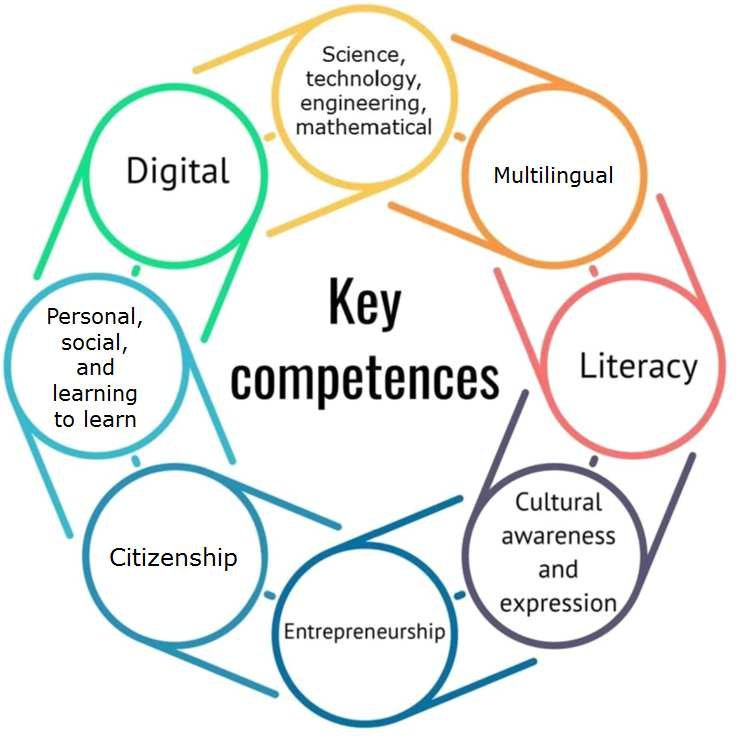
Digital Education Action Plan2 aims to foster digital skills and competences for all citizens. The Action Plan focuses on implementation and the need to stimulate, support and scale up purposeful use of digital technology. Artificial Intelligence (AI) will have an impact on all these, and in the last priority the Communication specifically invites to explore its impact in education and training through pilots. This policy foresight report suggests that in the next years AI will change learning, teaching, and education.
AI is currently high on the political agendas around the world. Several EU Member States have declared it as a political priority. One in two occupations in industrialized countries is likely to be automated using AI technologies. The transformative impact of general purpose technologies, like AI, becomes visible only when societies and economies reinvent themselves as users of new technologies. Technological change brings social and cultural change that is reflected in lifestyles, norms, policies, social institutions, skills, and the content and forms of education.
Neural AI, and machine learning methods associated with it, are now used for real-time language processing and translation, image analysis, driverless cars, and autonomous vehicles. It may also enable new ways of teaching and learning. As educational systems tend to adapt to the requirements of the industrial age, AI could make some functions of education obsolete and emphasize others.
In the European framework programmes for research and technological development, AI technologies have been studied and applied in educational contexts. The impact of these technologies in practical educational settings has been relatively modest until recently. Technical developments over the recent years, however, suggest that the situation may be changing rapidly. The main intent of the present report is to help educators and policymakers to make sense of these potentially very important technical developments. To understand the impact of AI, we need to understand what AI is and what it can do. In the current “AI avalanche” this is not always easy.
Many current AI systems use rather simplified models of learning and biological intelligence, and learning theories. There will be great economic incentives to use AI to address problems that are currently perceived as important by educational decision-makers. Policy may be needed to orient development in AI towards socially useful directions that address the challenges, opportunities, and needs of the future. As AI scales up, it can effectively routinize old institutional structures and practices that may not be relevant for the future of learning. Future-oriented work, therefore, is needed to understand the potential impact of AI technologies. How this potential is realized depends on how we understand learning, teaching and education in the emerging knowledge society.
Many of these “deep-learning” neural AI systems may be characterized as “datavores” At present, the most important technical bottleneck of AI is the availability of data. EU policies could create data platforms that could redefine the competitive landscape for learning- and education-oriented AI systems, say the authors. They say AI systems will have great difficulties in dealing with people who are creative, innovative, and not only average representations of vast collections of historical examples. The authors: “The expression of human agency requires capability to make authentic choices that do not only repeat the past.”
The use of AI systems in educational settings will shape the development of human cognition and self-efficacy, but we don’t know how. Different types of AI and machine learning systems operate on different layers of human behaviour. The level of meaningful activity remains beyond the current state of the AI art. There will be strong economic interests in using video-connected AI systems in classrooms and to complement the collected data with data from social media and Internet of things (IoT) platforms. As it becomes technically possible to monitor student emotions and attention in real time, AI privacy and security become important topics. This creates both ethical and regulatory challenges. Several high-profile econometric studies on the future of work have been published.
Education_auto2
The Impact of Artificial Intelligence on Learning, Teaching, and Education: Policies for the Future